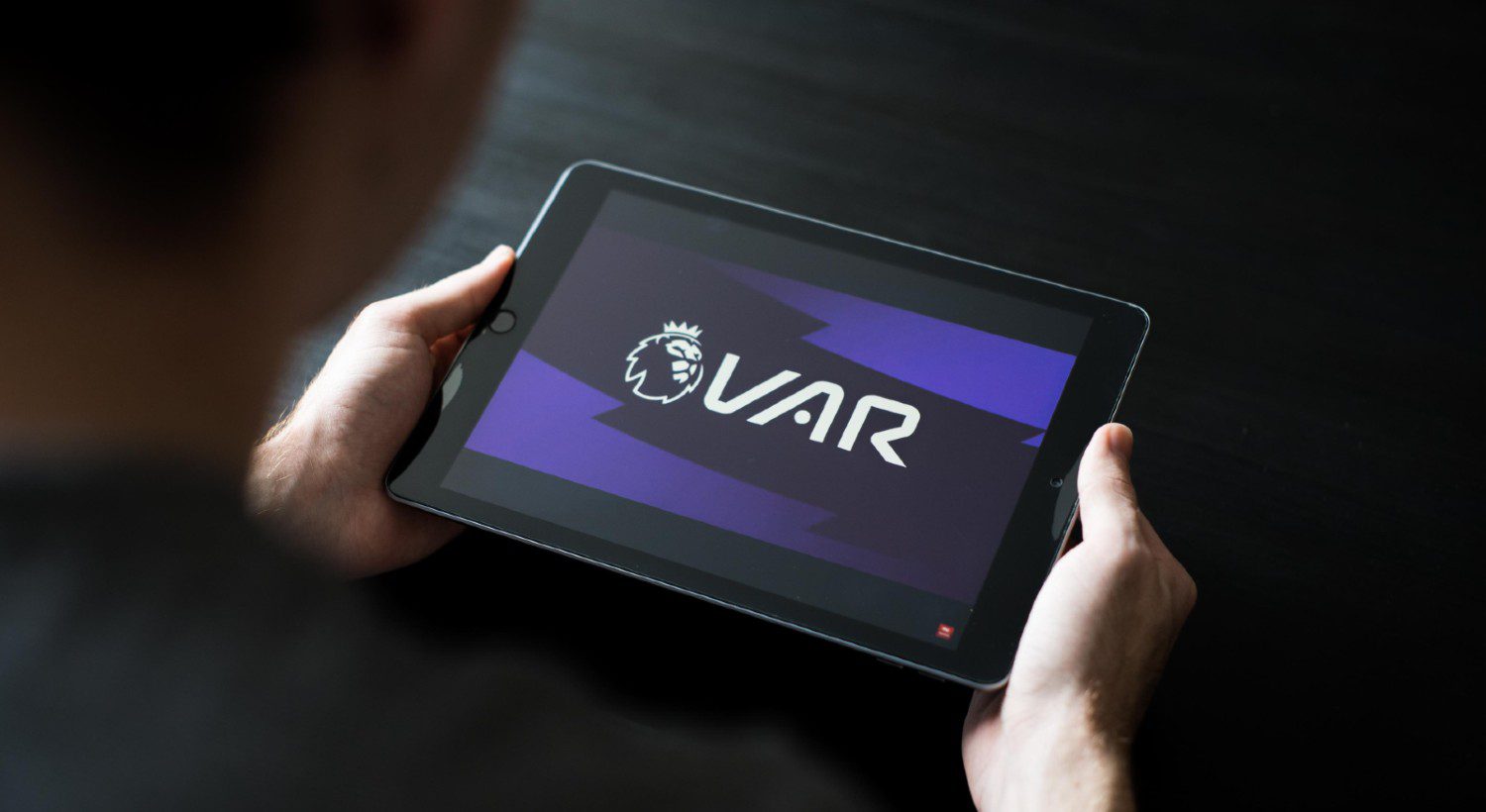Out of all the football championships played across the world, there are few that get quite the same level of global attention.
Indeed, despite having the word ‘English’ attached to it, the English Premier League has very much transcended the tiny island it is played on. Nowadays, the Premier League is very much a global affair that attracts media and fan attention across the globe.
In fact, in places such as Nigeria, Singapore and other far-flung destinations, the English Premier League is the footballing competition to watch! And although they are geographically quite far from the island, millions of fans and sports betting opportunists tune in each week during the season to catch a glimpse of the best that English football has to offer.
One topic of conversation directly related to the English Premier League that has generated controversy among fans, regardless of where they are from, is the impact that technology is having on the game.
For those more traditional fans, the introduction of technology has had a profoundly negative impact on the game, and the constant need to seek reassurance from video referees has stymied the pace of play and made things all too technical.
At the same time, others view technology as having the potential to increase engagement with the game by making it fairer and more judicious.
With a view towards looking at both sides of the debate, however, what is the good, the bad and the downright ugly of technology in the English Premier League?
The good
One of the most immediately obvious ways in which technology has had an impact on the EPL in recent years is in how technology has been used to improve decision-making processes during matches.
Technologies such as the video assistant referee (VAR) and goal line technology (GLT) have allowed referees to make better in-game decisions when it isn’t clear what has happened.
GLT, for example, uses a 14-camera setup to capture around 500 frames per second, which are then sent to an image processing system. The coordinates of the ball are monitored in real time, creating an accurate depiction of whether the ball has crossed the goal line or not.
This can quite literally be a game changer in the context of the EPL, with referees increasingly relying on this technology when making controversial decisions.
Similarly, the VAR has been used to assist referees when making various in-game decisions. The VAR consists of 33 camera feeds, a video assistant referee, three assists and four replay operators, who are called on when a controversial or unclear call needs to be made.
The system is designed to reduce referee error and to increase both players’ and spectators’ faith in the decision-making processes.
The bad
Although technology like the VAR has introduced a new layer of accountability into the game, some have argued that flaws in the underlying technology make it unreliable at best. This is particularly problematic when it is touted as infallible or as having the ability to make up for human error.
In one recent example, the VAR system missed an obvious penalty that should have been awarded to Nottingham Forest– an error that arguably cost them the game.
This is just one example of a worrying trend that has spawned a constant stream of commentary and critique. And while the VAR has helped to improve decision-making in the game, it has arguably only increased the arguments that often accompany these decisions.
These technologies have also impacted the pace at which the game is played – with an increasing number of in-game decisions requiring intervention from the VAR, this has a detrimental effect on the flow of the game.
The ugly
One of the most immediate consequences of the proliferation of technology within the English Premier League is that it is making it more difficult for lower-ranked teams to compete with the wealthier clubs with more financial resources.
New GPS tracking tools are being used to keep track of players during games, as well as training systems that could help to reduce the risk of player injury. However, while teams such as Wolves and Leeds United are using them to gain an edge over their competitors, for teams lacking the financial resources to acquire them, it can only increase the gap between the haves and the have-nots.
This could become a big issue for teams that are either on the cusp of relegation or that have recently been promoted to the EPL.

